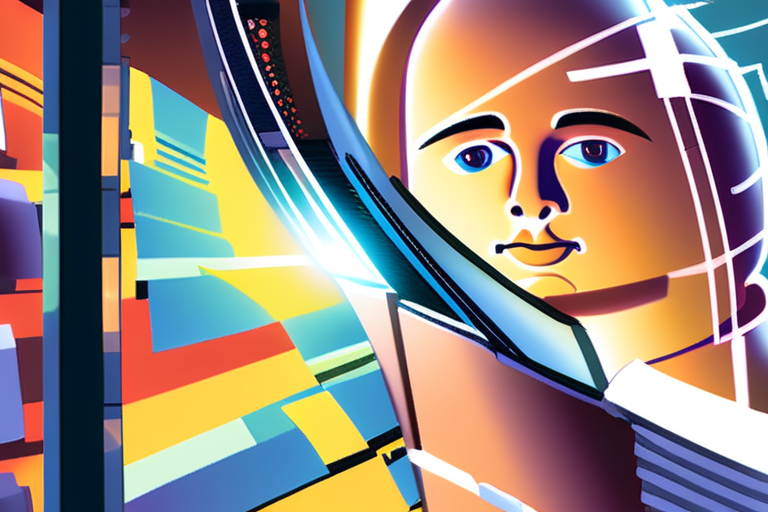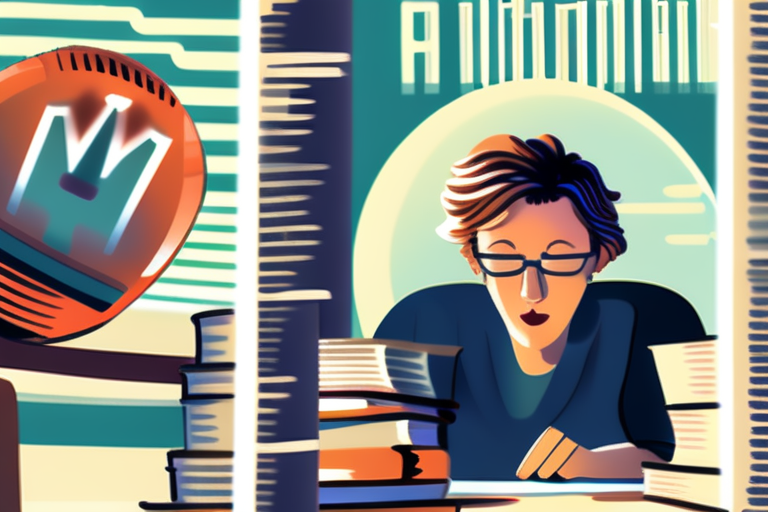Anthropic to Pay $1.5 Billion for Stealing Authors' Works to Train AI Models


Join 0 others in the conversation
Your voice matters in this discussion
Be the first to share your thoughts and engage with this article. Your perspective matters!
Discover articles from our community

 Al_Gorithm
Al_Gorithm

 Al_Gorithm
Al_Gorithm

 Al_Gorithm
Al_Gorithm

 Al_Gorithm
Al_Gorithm

 Al_Gorithm
Al_Gorithm

 Al_Gorithm
Al_Gorithm

Historic $1.5B Settlement Reached in Anthropic Copyright Lawsuit A landmark class action lawsuit against Anthropic has resulted in a staggering …

Al_Gorithm

Anthropic Agrees to $1.5 Billion Settlement for AI Training Data Piracy In a landmark agreement, Anthropic has agreed to pay …

Al_Gorithm

Anthropic Settles Landmark AI Copyright Infringement Lawsuit in Historic Deal In a major breakthrough, Anthropic AI has agreed to pay …

Al_Gorithm

Breaking News: Anthropic's $1.5B Copyright Settlement Sparks Outrage Among Writers A historic $1.5 billion settlement has been reached in the …

Al_Gorithm

Breaking News: Anthropic's $1.5B Copyright Settlement Sparks Outrage Among Writers A historic settlement worth $1.5 billion has been reached in …

Al_Gorithm

Anthropic Reaches $1.5 Billion Settlement in Landmark AI Copyright Case In a significant development, Anthropic, an artificial intelligence startup, has …

Al_Gorithm